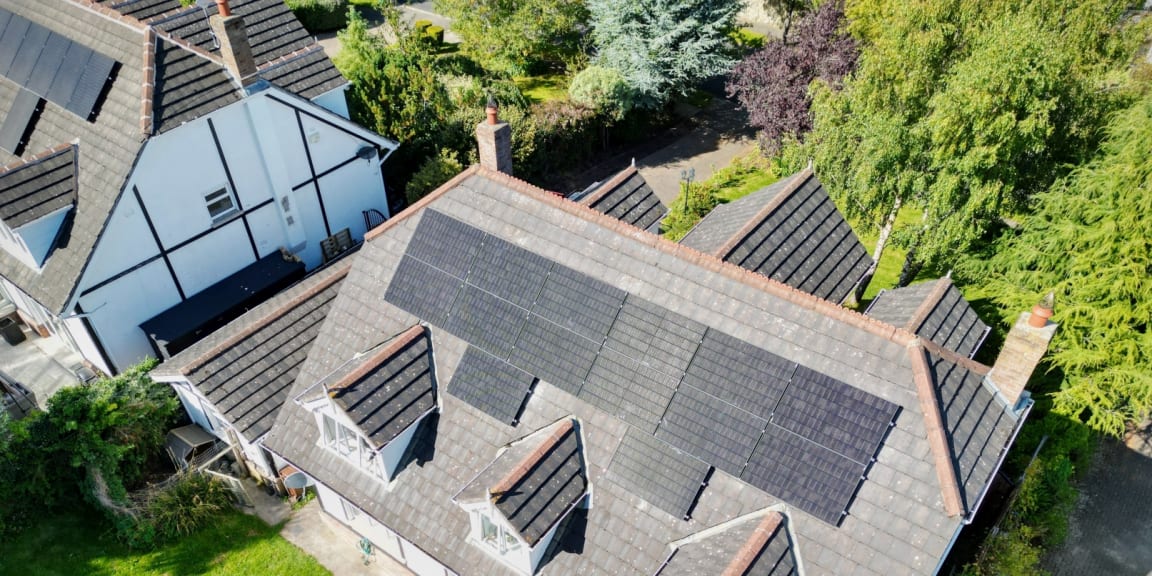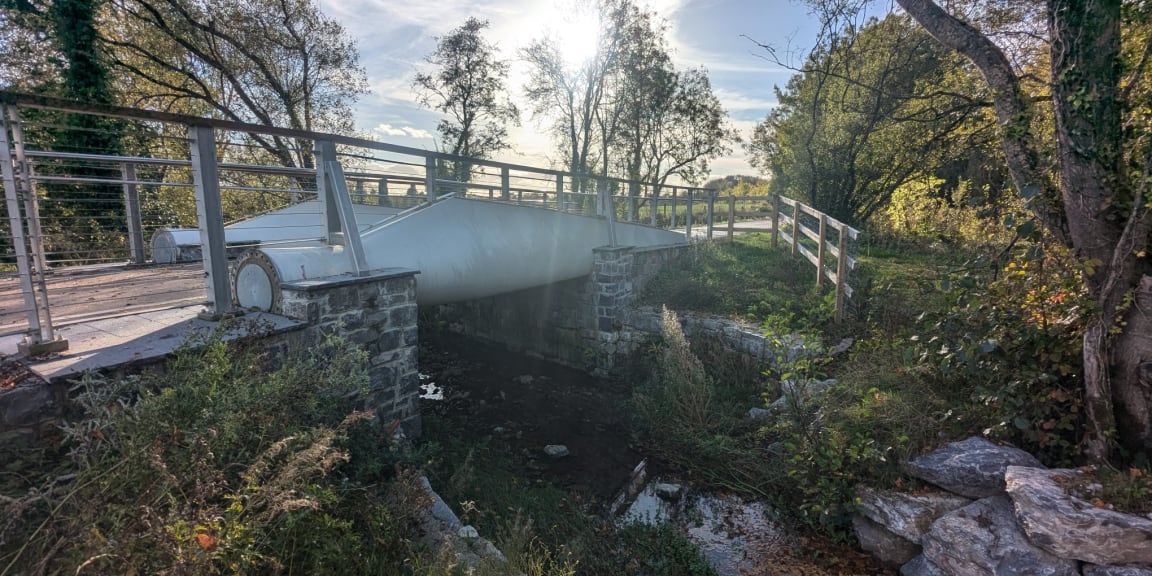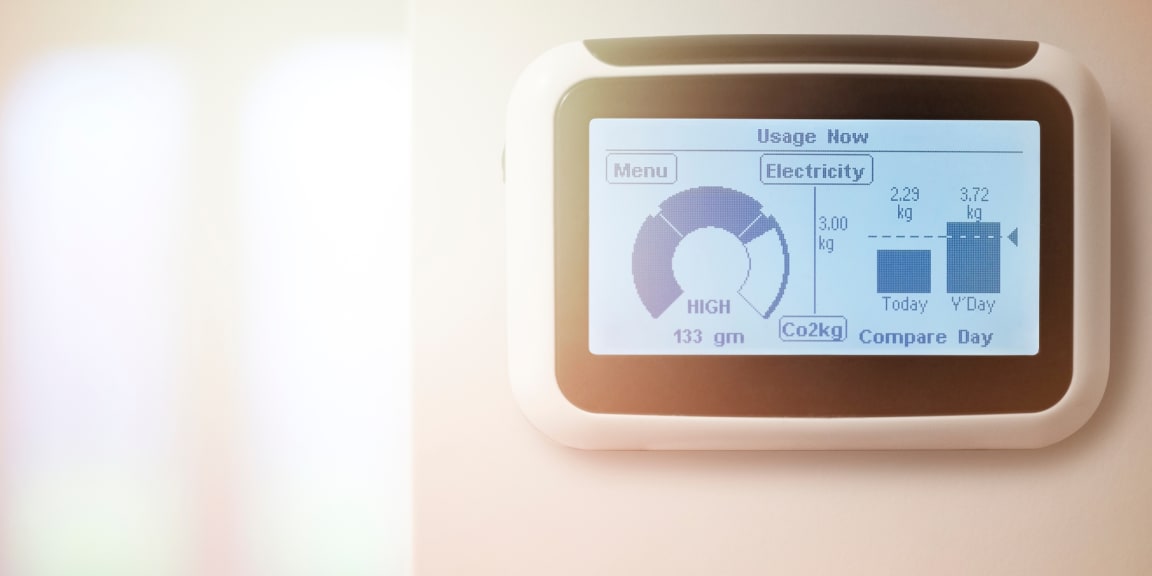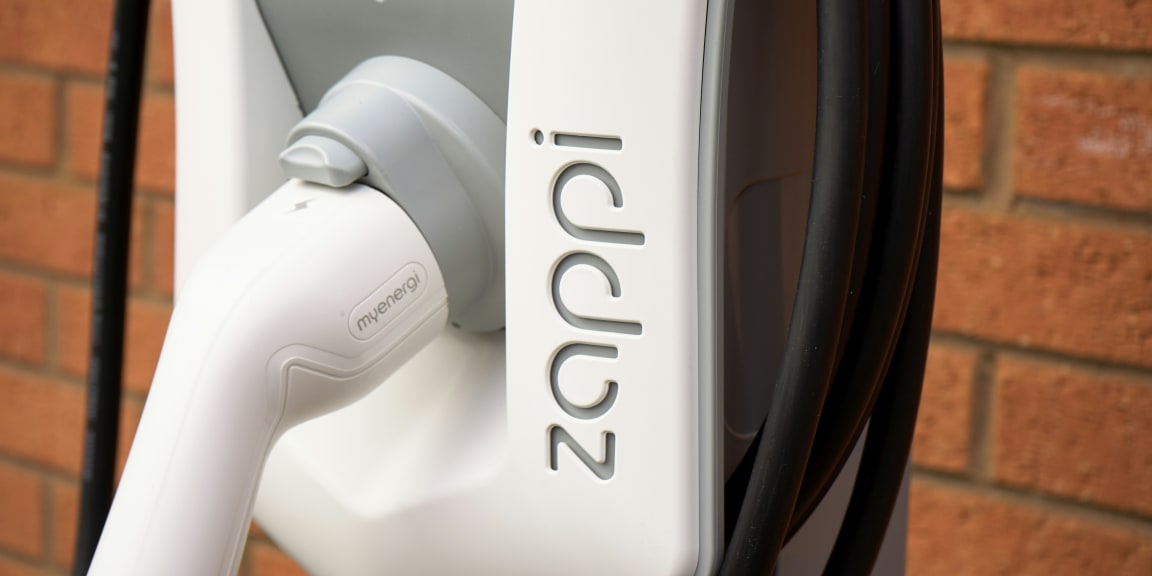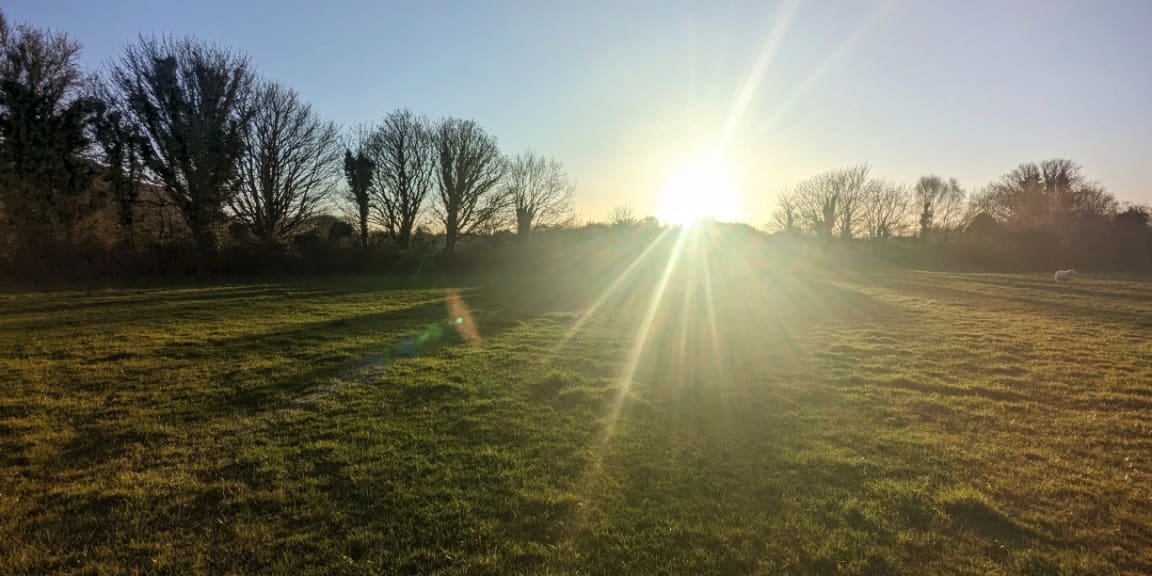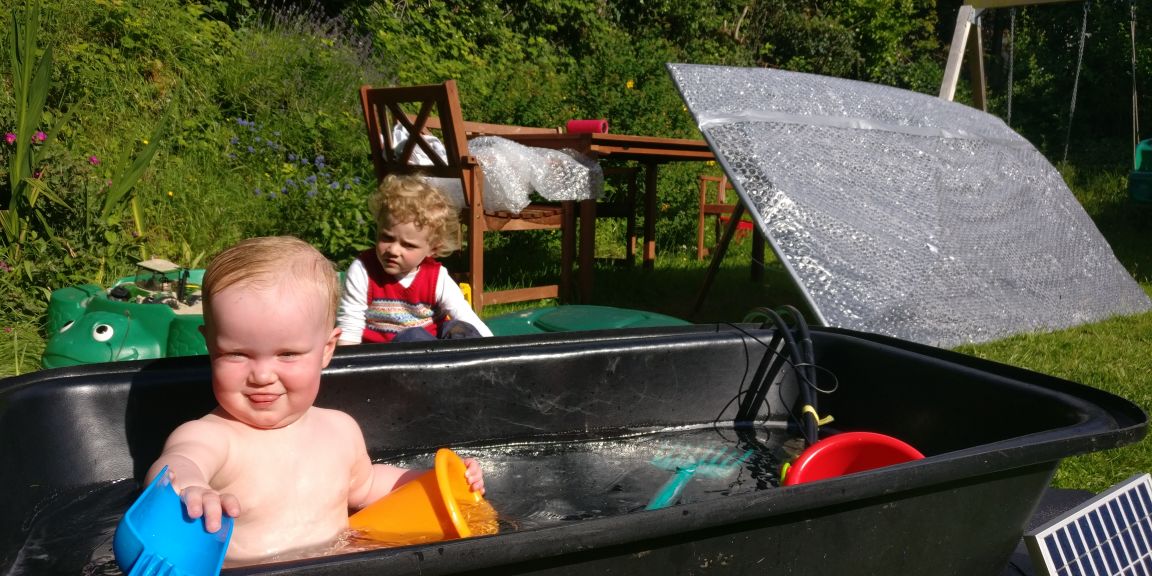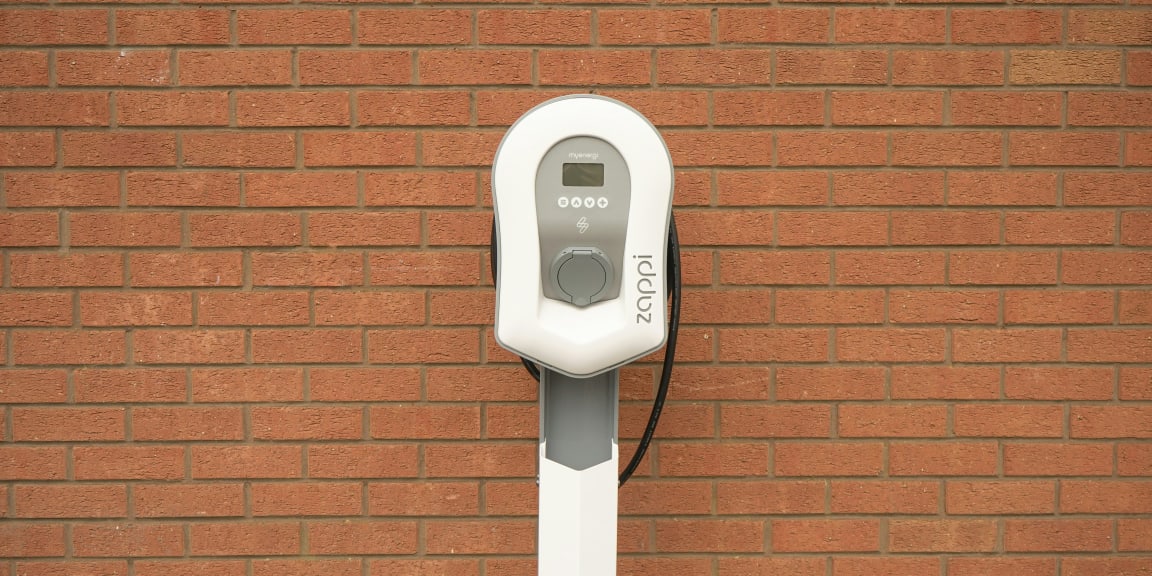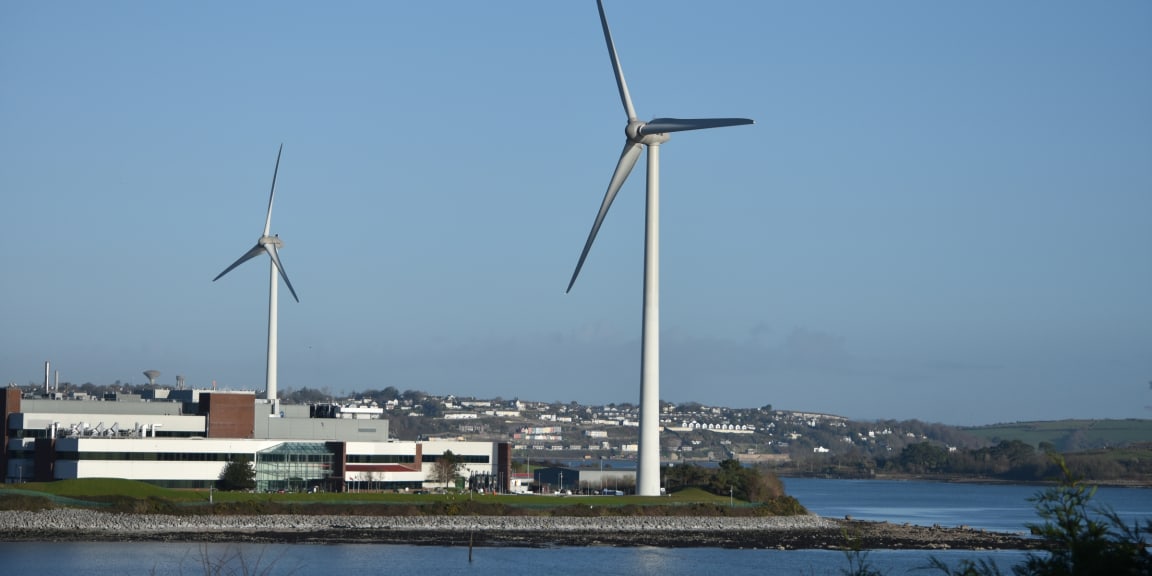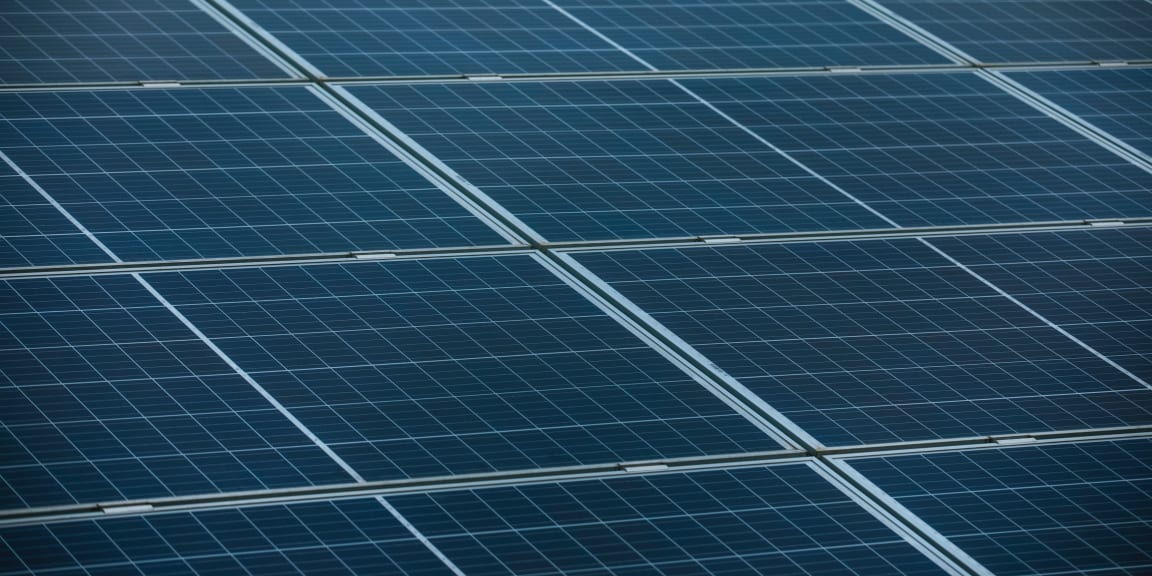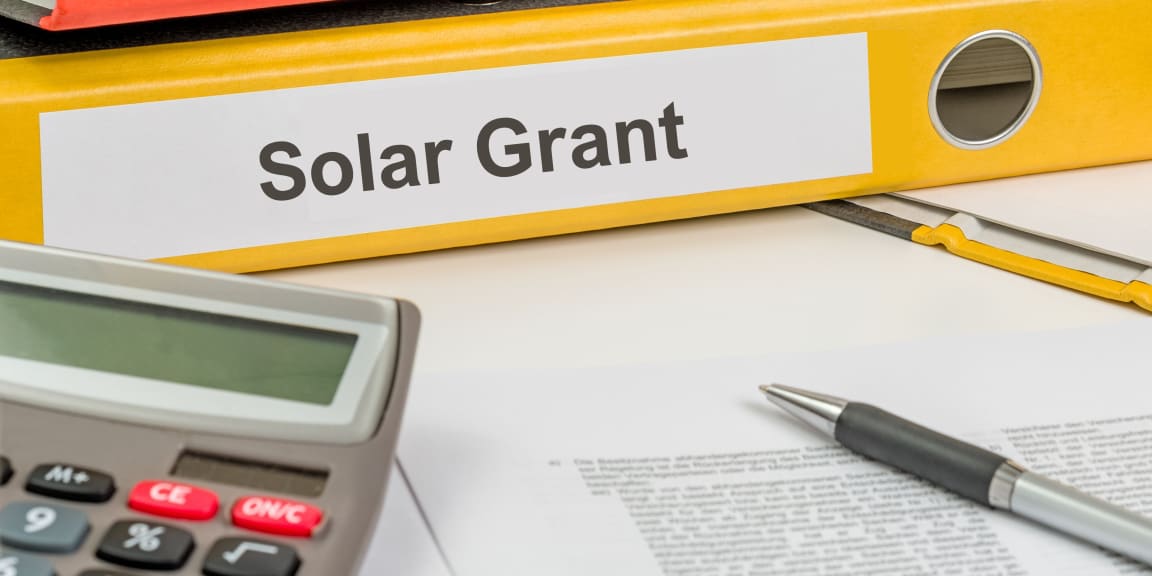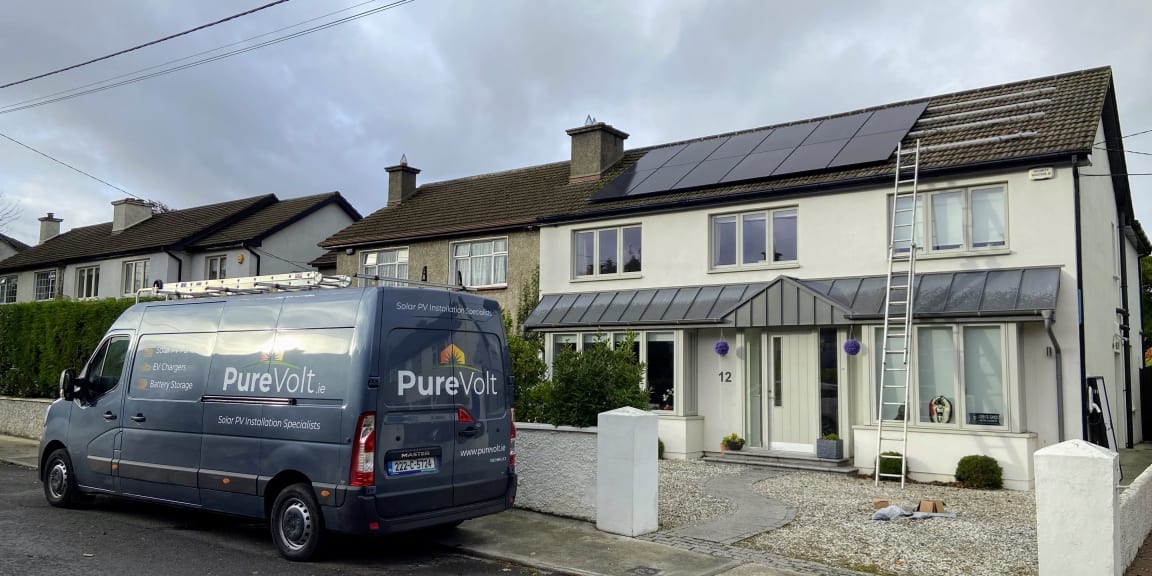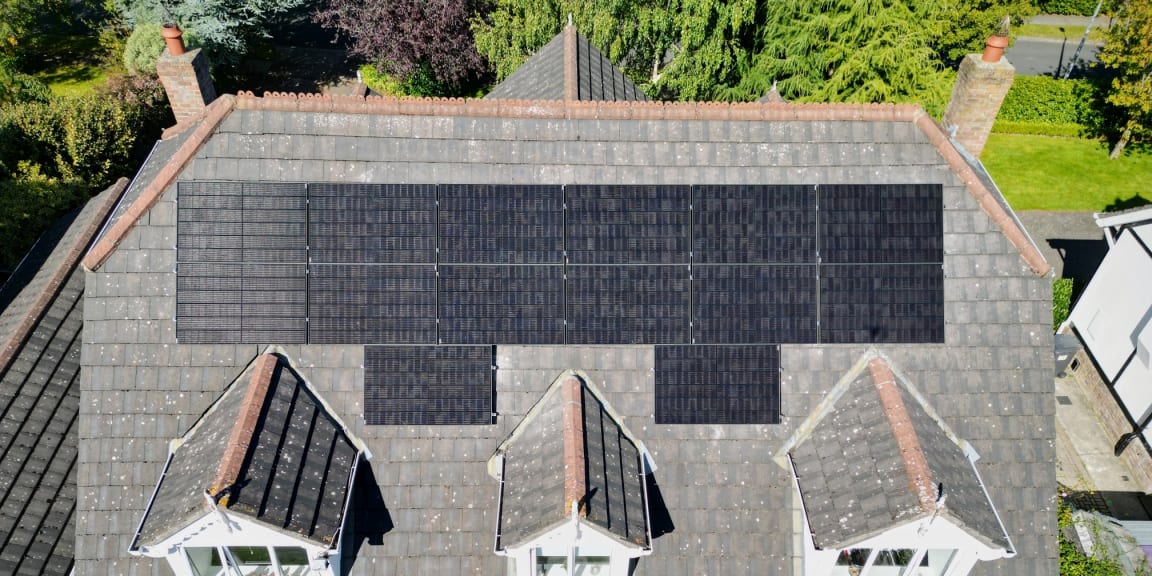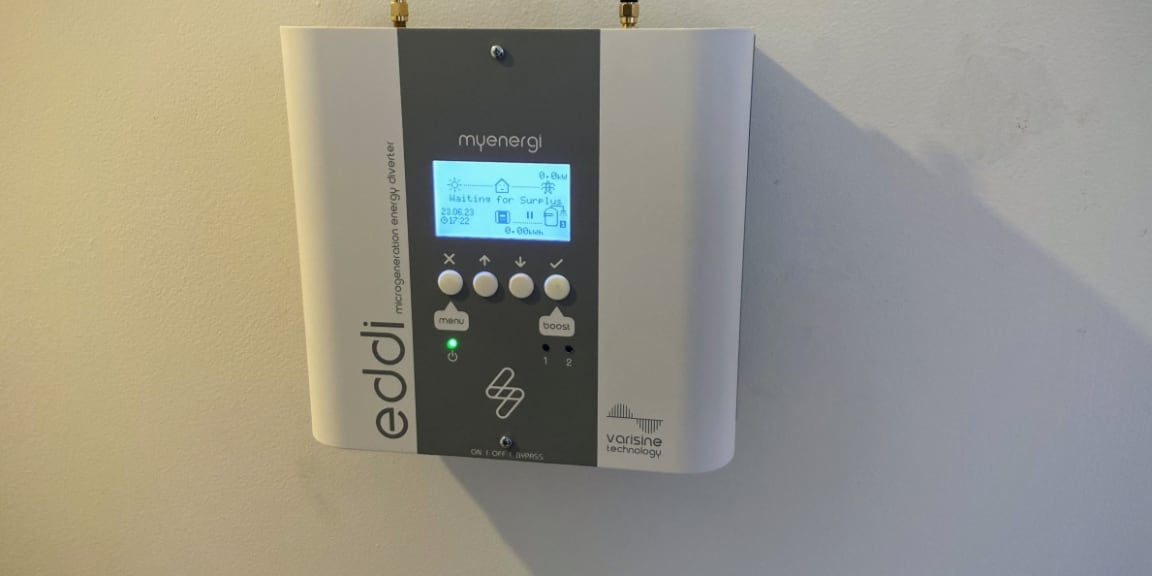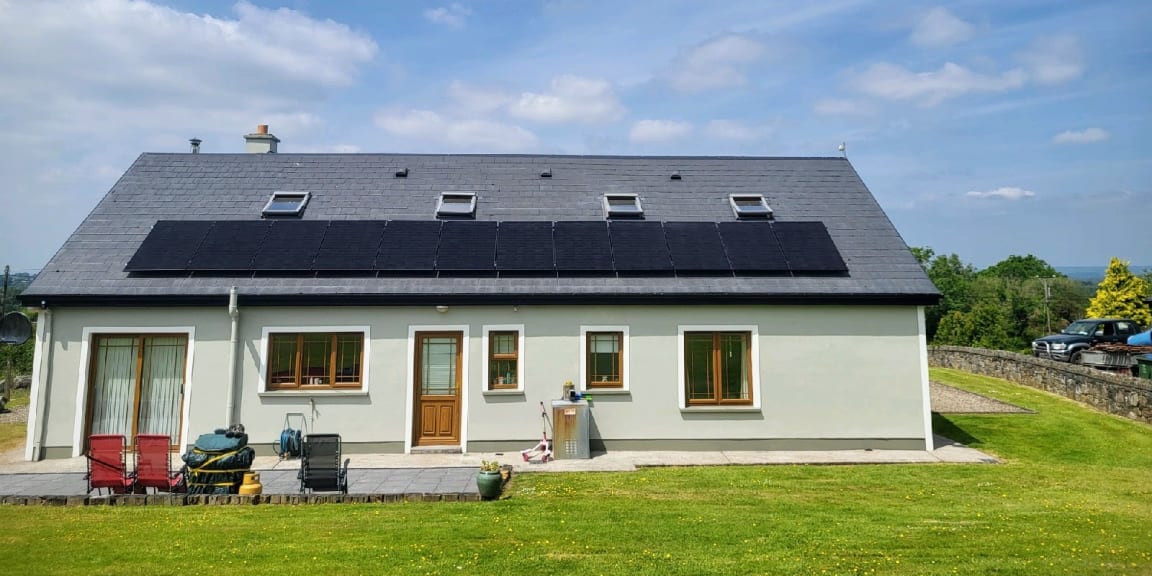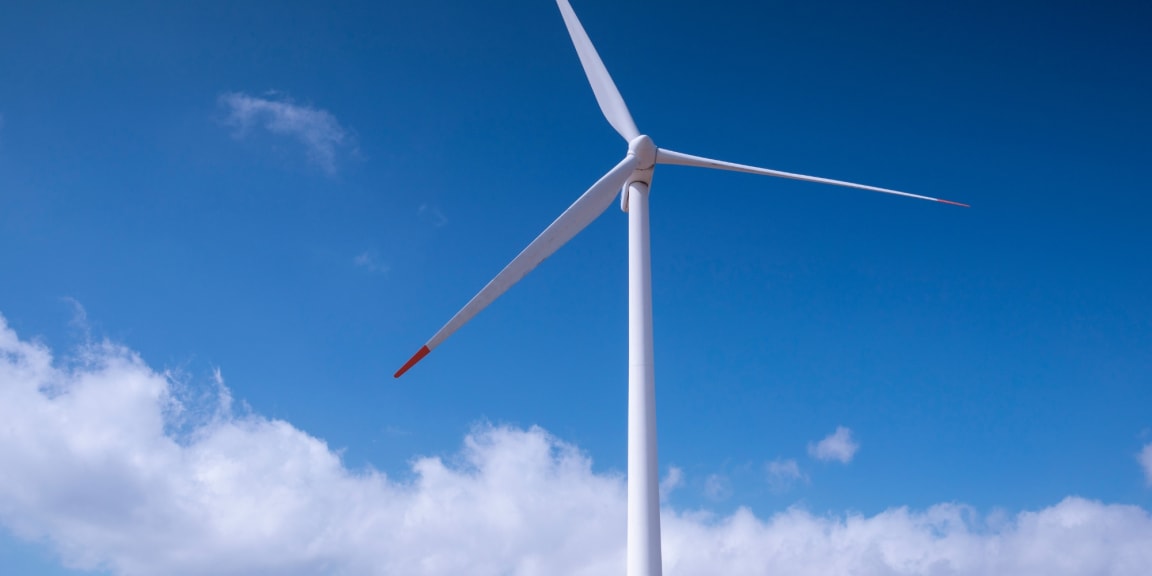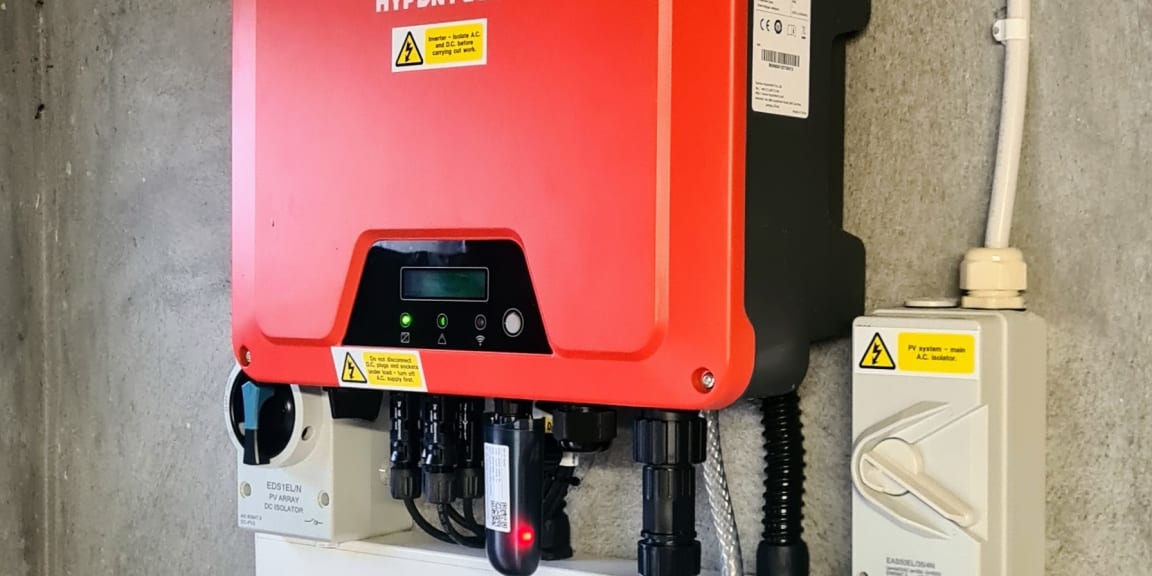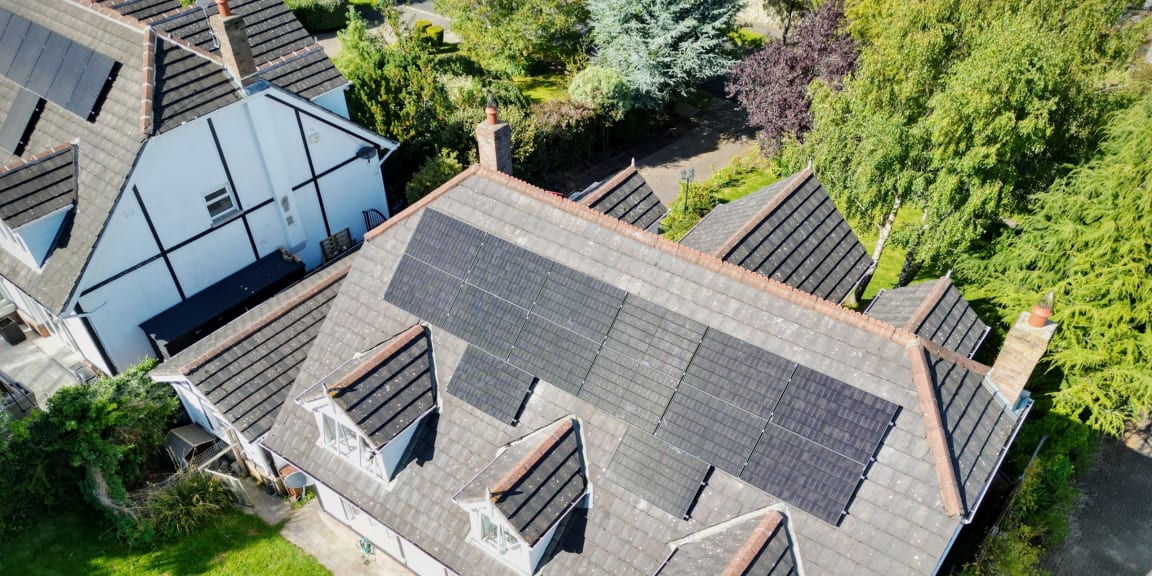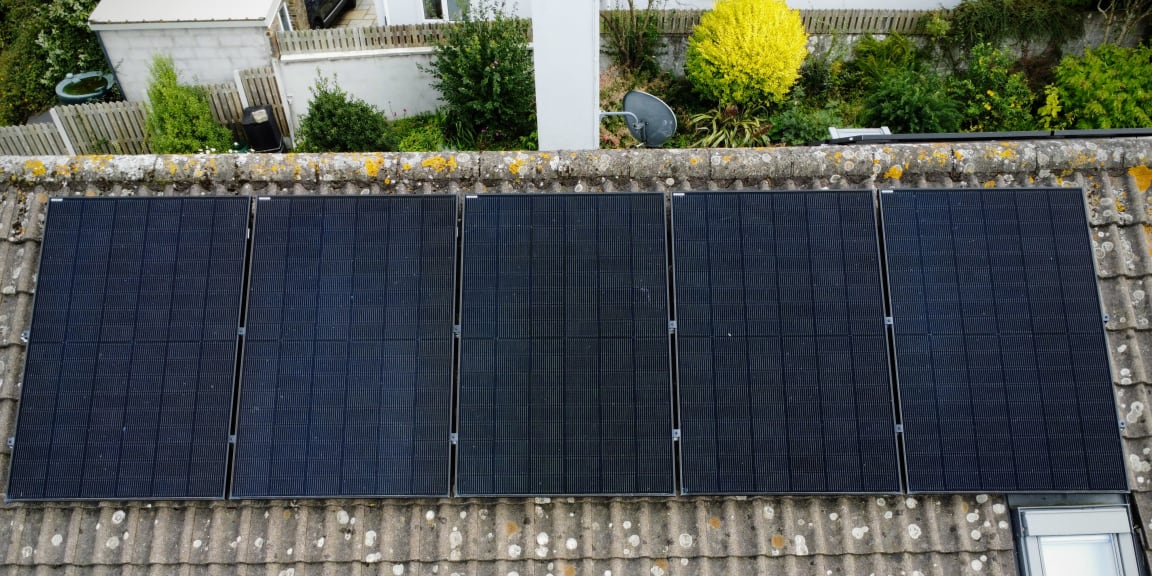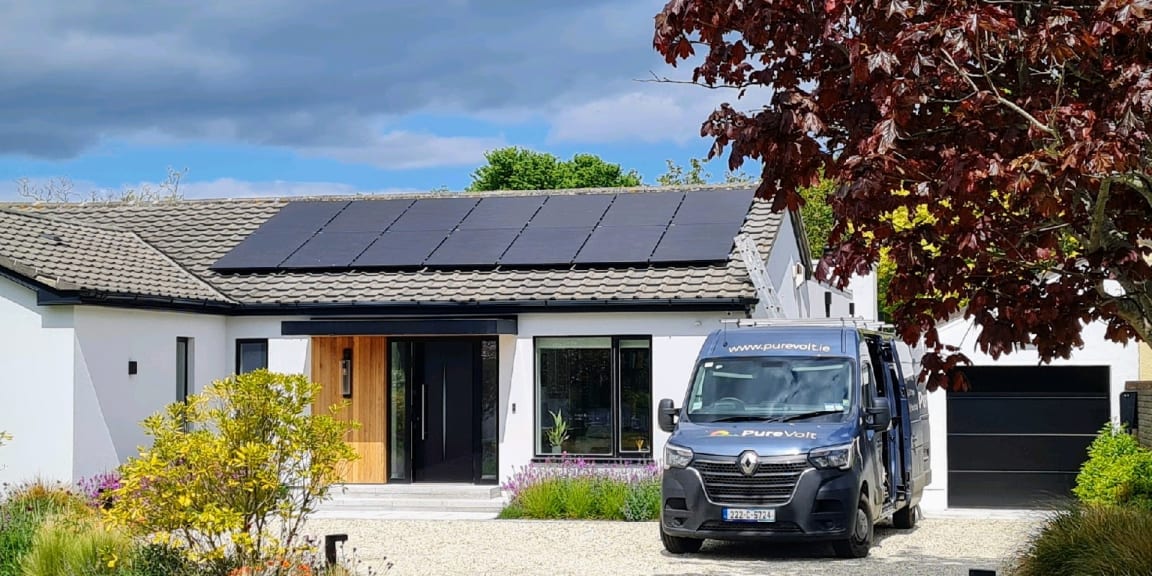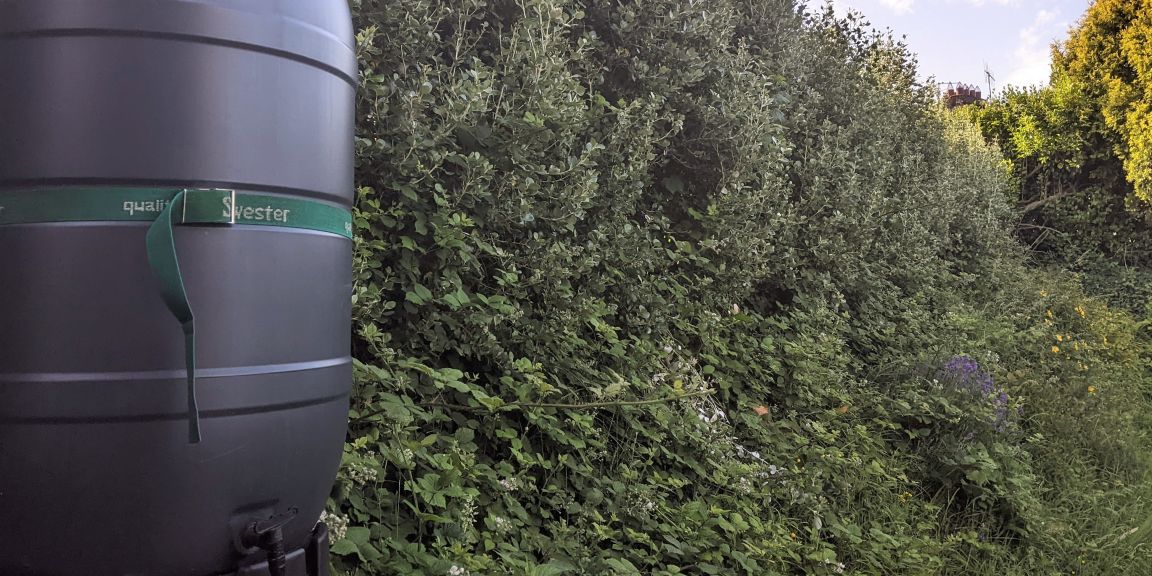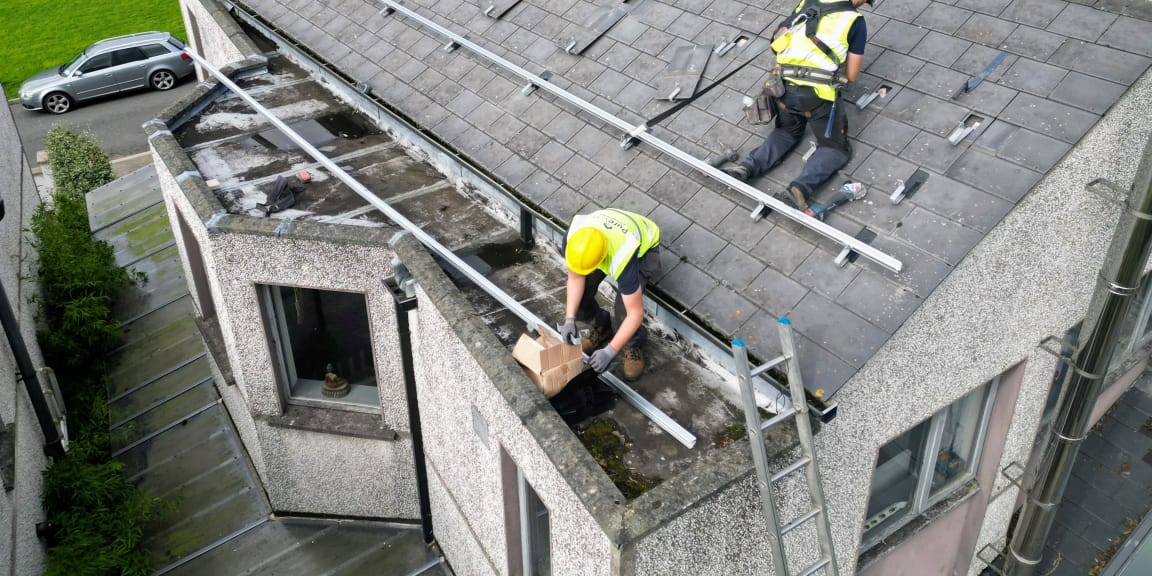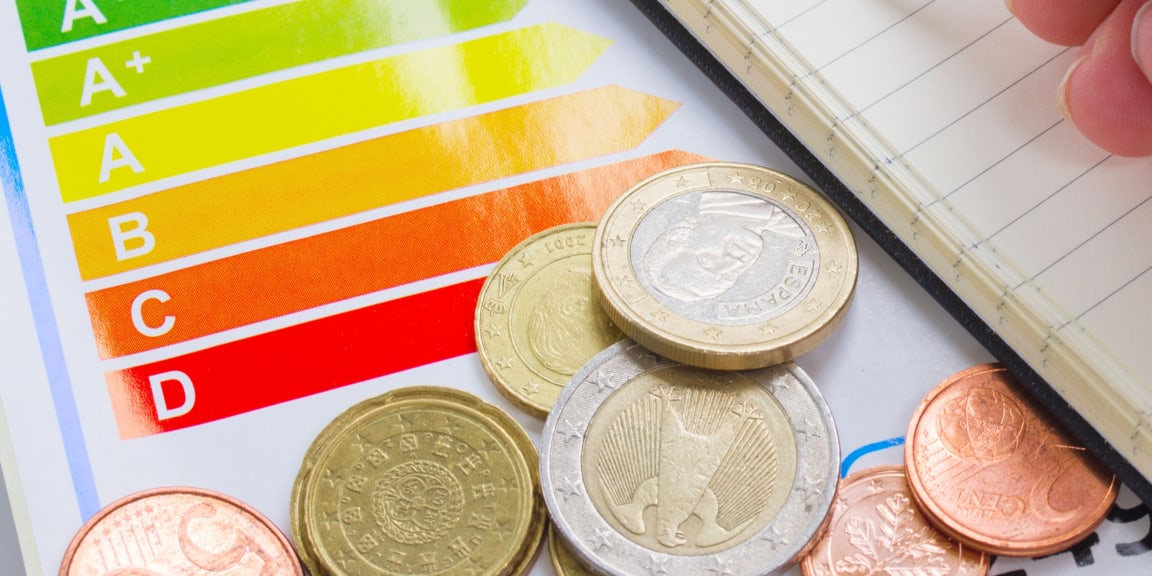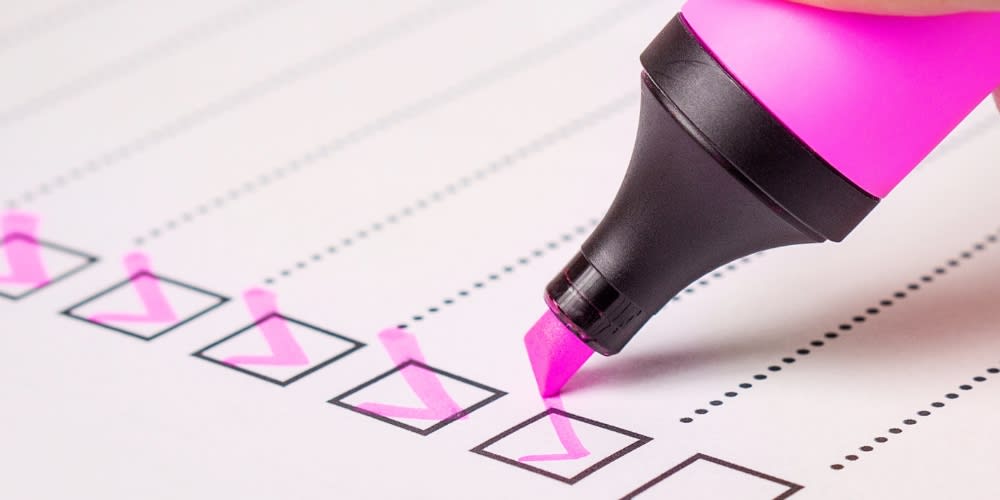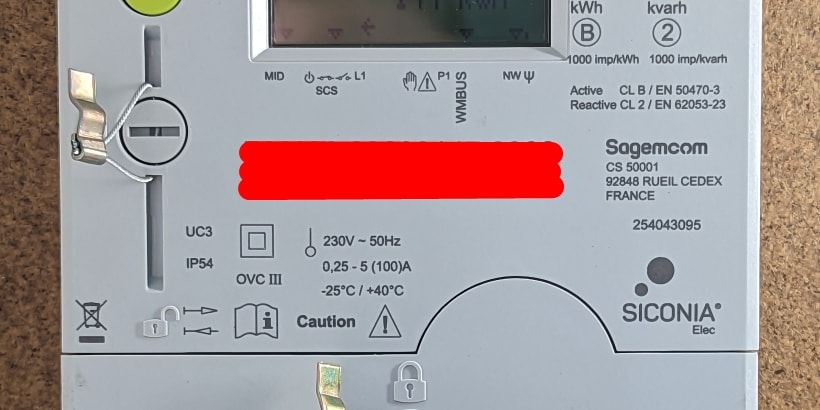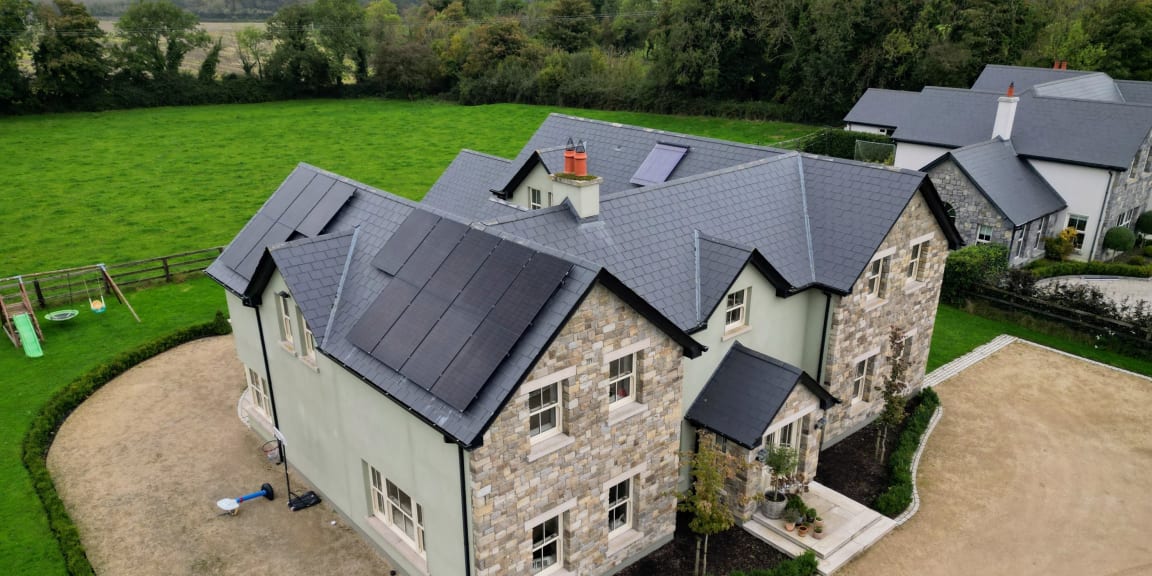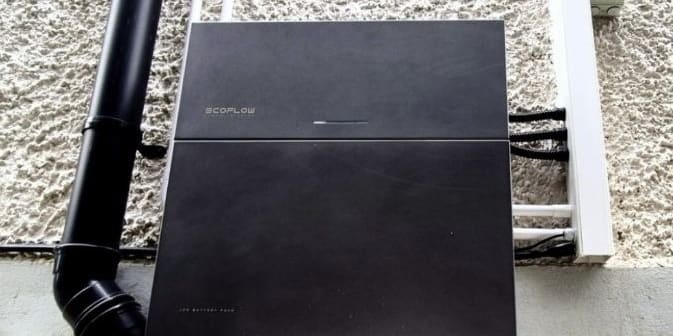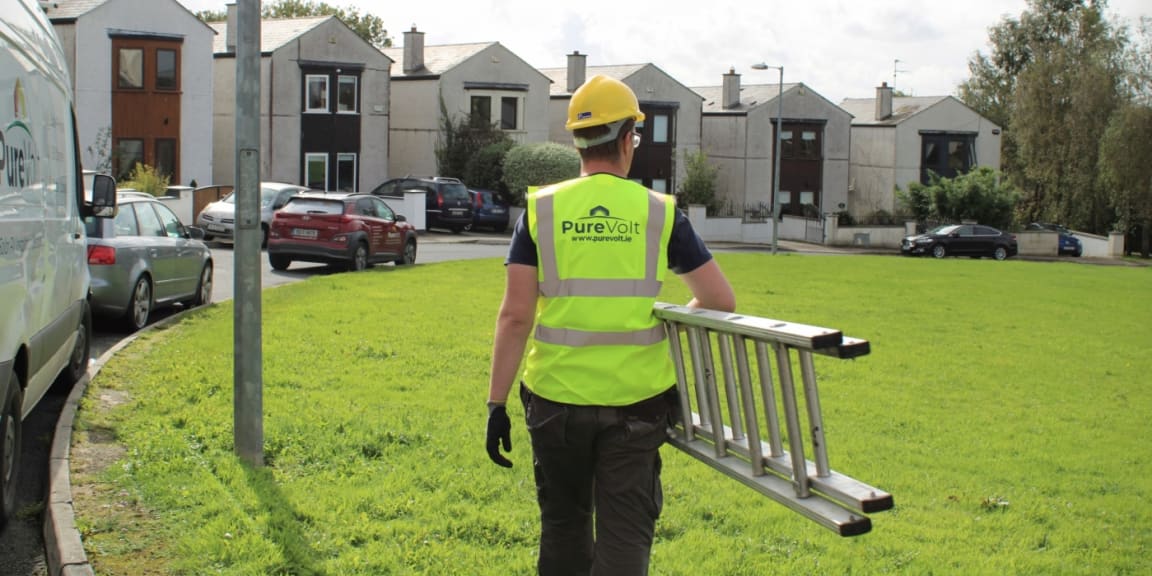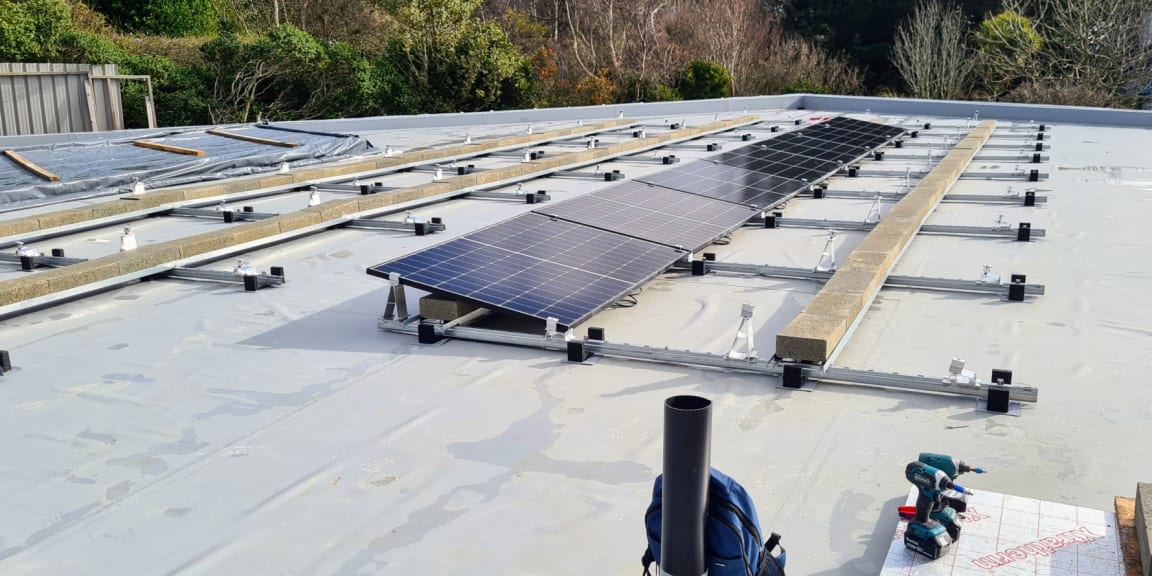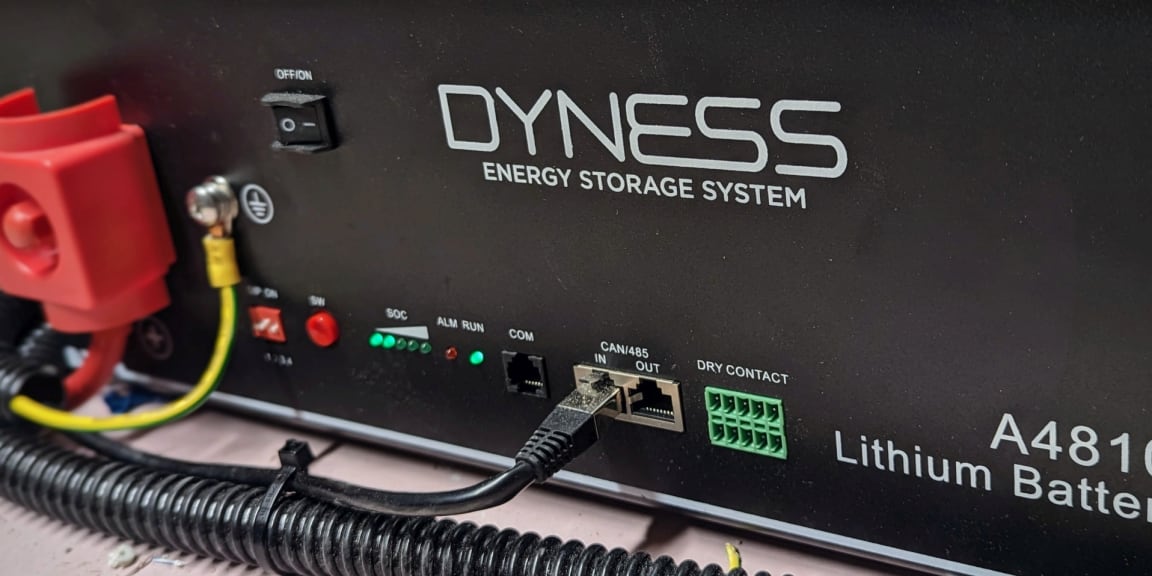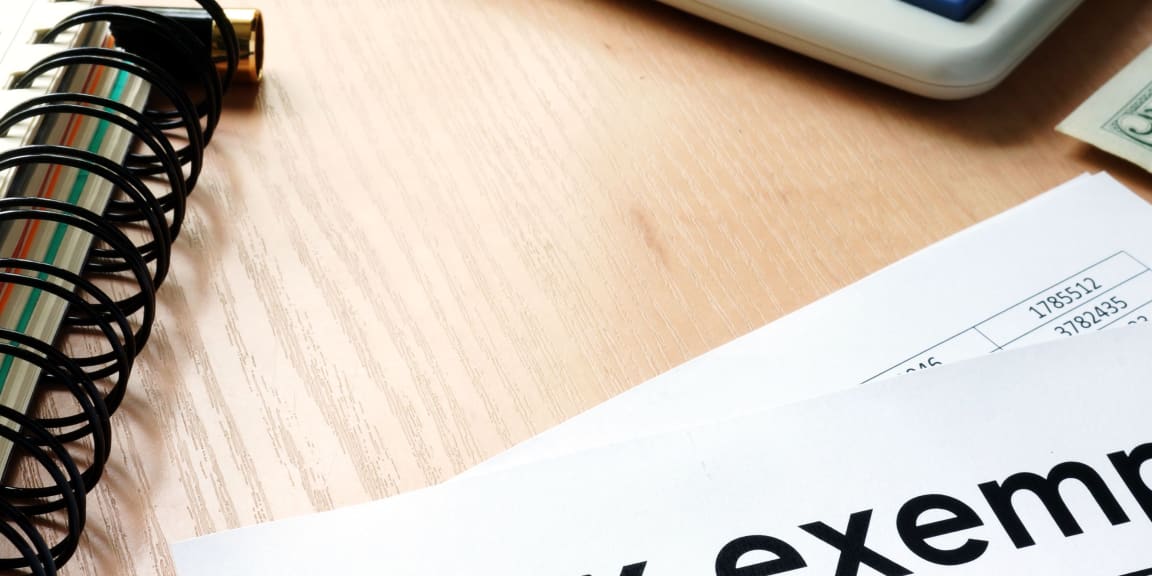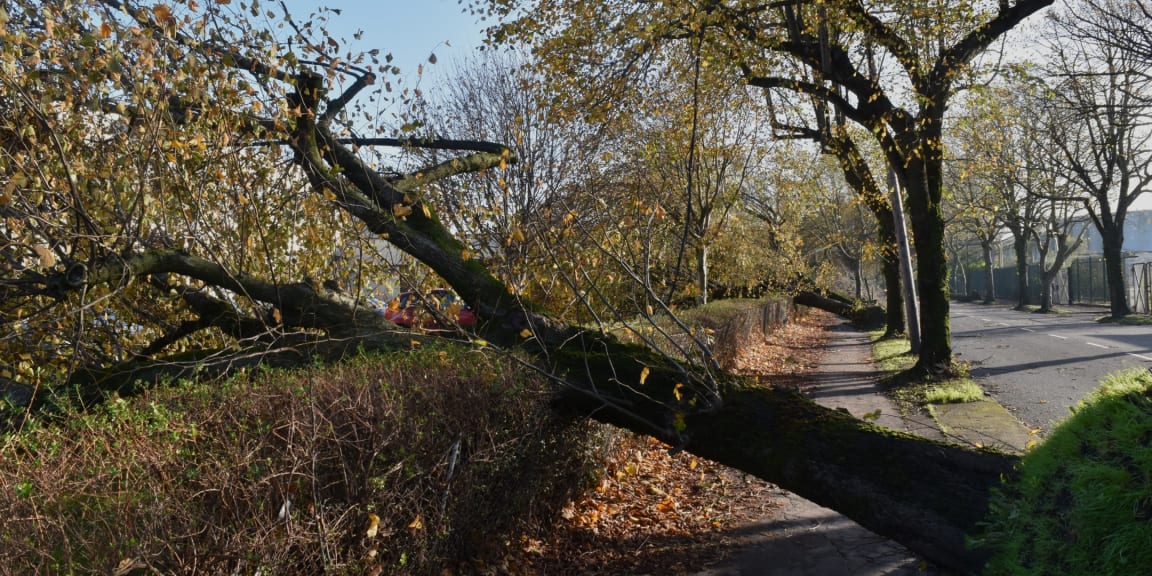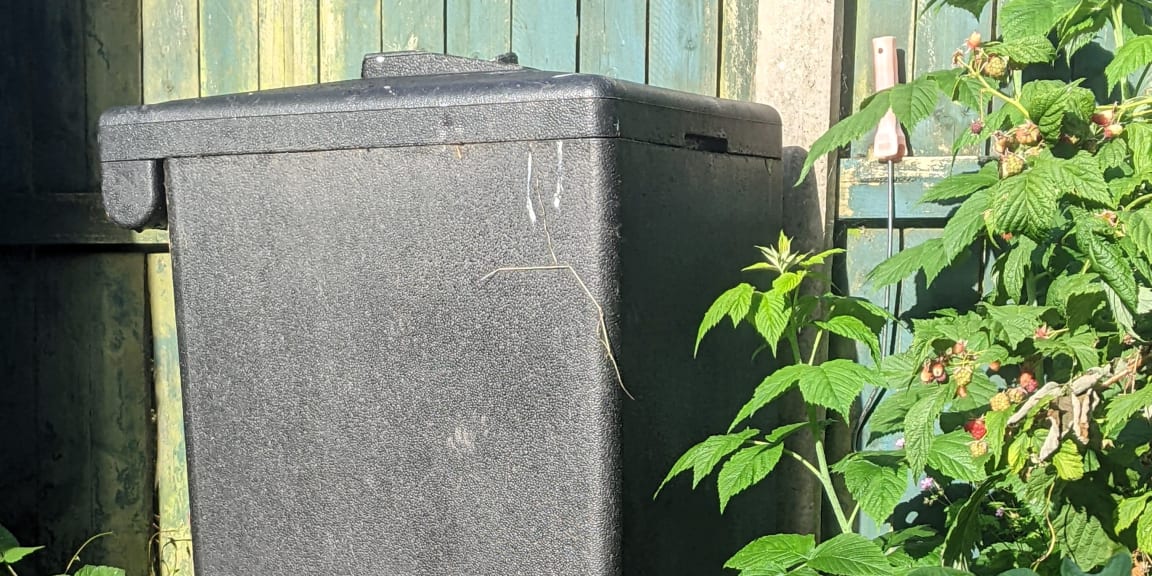
2025 solar grants guide
SEAI solar grants for domestic / residential installations
The SEAI solar grant is available for private residences where the applicant is the homeowner. Reducing the cost of a solar PV system by as much as €1,800, the solar grant is a huge factor in making solar an affordable investment for ordinary families in Ireland. This page outlines everything you need to know about solar grants, from how much you will get when you receive the money.
At a glance: solar grants for domestic / residential
The grant towards your new solar PV panels on homes & residential buildings comes from the SEAI (the governmental body responsible for promoting solar in Ireland). Just about all homes occupied before 2021 before are eligible.
The amount you receive depends on the size of the system you have installed, measured by your solar panel's peak power output (in kW / kWp).
Example grant amounts 2025:
| System Size | 2025 Grant Value | Solar Panel Array | |
|---|---|---|---|
| 2.5 kWp e.g. small 2 bed home | €1,425 | ~12m2 6-8 panels | |
| 3.0 kWp e.g. larger 2 bed home | €1,550 | ~14m2 7-10 panels | |
| 3.5 kWp e.g. standard 3-bed home | €1,675 | ~17m2 8-12 panels | |
| 4 kWp e.g larger 3-bed home | €1,800 | ~19m2 9-13 panels | |
| €1,800 is the maximum grant. Larger installations get this maximum amount. | |||
Other things you install (such as batteries and immersion diverters) do not affect the grant amount.
The grant is issued as a one-time payment to the homeowner once all the work has been completed.
You can also see our grant value calculator, or the full rules for grant values.
How much is the grant worth?
The amount of grant support provided depends on the size of your installation. It's measured by the peak generation capacity of your solar panels, which is usually quoted in kW or kWp.
2025 rates
- €650 per kWp for the first 2kWp
- €250 for every additional kWp up to 4kWp
- Total solar PV grant capped at €1,800, which you get at 4kWp or above
Examples for 2025 rates:
- 2kWp system (approx. 5 panels) would get €1,300 of grant support
- 3kWp system (approx. 7 panels) would get €1,550 of grant support
- 4kWp system (approx. 10 panels), or anything larger, would get €1,800 of grant support
What cost can be covered under the solar PV grant?
The grant can be used for the purchase and installation of your solar PV system, covering both equipment and labour.
What about batteries / immersion diverters etc?
The grant amount you receive is solely based on the installation of solar panels—there is no additional funding for items like batteries or immersion diverters.
There used to be a grant towards solar storage batteries, but that was discontinued by the SEAI a few years ago.
Am I eligible for a grant?
97% of our domestic solar installations receive the SEAI solar grant. To qualify, the below conditions must be met.
- The property where the solar PV system is installed must be a private residence.
- The applicant must be the owner of the existing home.
- The property must have been built and occupied on or before the 31st of December 2020. The construction date of your house is determined by the installation date of your electricity meter.
- Each property can only claim the PV solar grant once. However, if you move, you can claim it again at your new home. (Assuming it doesn't already have PV panels installed).
- Use an SEAI registered solar company (we are a registered company)
- Use newly fitted materials and products and have work done that meets the SEAI's required standards
- Obtain a BER assessment once the work is completed using a BER assessor from SEAI's National Register.
SEAI solar grant calculator
SEAI solar grant values for domestic / home solar, businesses, commercial, public buildings and other non-commercial organisations.
How can I find the most appropriate system size for my home?
If you'd like a rough idea, check out our guide to solar panels costs for Ireland homes. It includes example quotes for various house sizes, helping you get an idea of what might be suitable for different types of homes.
We also have a domestic solar calculator if you would like to play with the numbers yourself. It will tell you the space needed on your roof & likely annual electricity generation.
For something a more accurate, we will gladly give you your own custom quote for a solar PV installation. As part of the process, one of our engineers will come to your home and conduct an on-site assessment. We assess factors such as energy costs, your energy usage patterns, and the age and condition of your home. We also evaluate the roof’s construction, the building's orientation, roof pitch, and any local shading from trees or nearby structures. Using specialist solar design software, we tailor the optimal solution for your home to maximize energy yield.
Can I get a solar PV system larger than 4kWp?
Yes, you can. However, the grant will only provide support for the first 4kWp of the system. There is no grant relief for additional kWp above this.
Does the grant only cover roof-mounted solar PV panels?
The solar PV scheme also supports ground mount systems that adhere to the PV solar scheme criteria.
Do I need planning permission to install solar panels to get grant approval?
No. SEAI grant approval is not tied to planning permission.
But what are the planning permission rules for home solar panels?
The installation of solar panels on domestic properties is exempt from planning permission. Since 2022, there is no longer a limit to the area of solar panels which can be installed on rooftops of homes, anywhere in the country. Solar installations will be able to cover the entire roof of a house. The 12m2 or 50% roof limit previously applied to houses has been removed nationwide.
However, there are some exceptions. For example, properties located in solar safeguarding zones may need to obtain planning permission under certain conditions. Solar safeguarding zones are established to address aviation safety concerns, specifically to reduce the potential impact of glint and glare from increased solar developments near airports and hospitals with helipads.
Our engineers will be there to help you with this and advise you on planning permission stipulations.
How do I apply for a solar PV grant?
1. Pick your solar installation company
Before you can apply, you need to have an agreement with an SEAI approved solar installer (like us). The installer you use must be registered with the SEAI for you to be eligible for the SEAI solar grant.
2. Apply via SEAI website
Apply on the SEAI website for solar electricity grant . You can use our SEAI Solar PV Grant Application Guide to help you through the application process. The process is straightforward, and we're here to assist you with any questions you may have. Approval is typically very quick—most people receive an email confirming their SEAI solar panel grant approval within a few minutes. You need this approval before work can begin.
3. Get your panels installed
Next is to get your solar panels installed and "commissioned", which is the fancy term for running the standard tests and turning your new system on.
4. Paperwork our end & the new BER certificate
As soon as your system is up and running, we can send our paperwork into the SEAI. This is to confirm to the SEAI that we, as an SEAI registered solar installer, have fitted your system and it is up and running.
You also need a post-works BER certificate with your new improved building energy rating.
5. Receive your grant payment
It normally takes them around 6 weeks from receiving that confirmation until the money is in your account.
What information do I need to apply?
1. MPRN - the Meter Point Reference Number. This number appears on your electricity bill and is 11 digits long. The address associated with the MPRN will be the contact address used by SEAI for all postal correspondence. You should ensure that the details registered with ESB networks for this MPRN are correct and accurate.
2. The year your house was built and occupied (must be on or before the 31st of December 2020).
3. Your selected registered PV solar installation company
4. Details of the system to be installed
5. Your contact email address
Applications must be submitted by private individuals and not by companies or contractors. However, we understand how intimidating and complicated these things can seem, so our friendly and helpful team will be there to support you through the process.
Can PureVolt Solar help me with the SEAI grant application?
Of course. Thankfully, it is quite straightforward, but if you've any questions along the way just ask and we'll be glad to help.
Advanced and other questions about solar grants
This section is for those with more advanced questions about solar grants. If you have any other questions about solar grants, please don't hesitate to get in touch.
What happens once the grant is approved?
You will receive an email notification that the grant has been approved. The first thing that must happen is that applicants must ensure that they accept their grant offer and the attached terms and conditions.
Once you have accepted your grant offer, you have 8 months to complete the works and submit all the required documentation to the SEAI.
The next step is for your installation company to apply to ESB Networks to connect the solar PV system to the electricity network. They must do this before installing the solar PV system. This application process takes about 4 weeks.
Once this is complete, your installation company can begin your installation.
Can I change my mind about the PV system after grant approval?
Once approved, the grant is only payable for the type of PV system and work specified in your application and detailed in the grant offer.
Can I begin my installation while waiting for my grant to be approved?
No. Grant approval from SEAI must be in place before any purchase of materials or commencement of any works. Any installation or expenditure incurred before this will be deemed ineligible.
Will I receive the grant before installing my solar PV system?
No. The SEAI will only release grant payments once it receives confirmation that all the works and measures have been completed, and the installation company has been paid.
How long does it take for the payment to come through?
When all the relevant documentation has been submitted online, it takes around 6 weeks for the SEAI to process your claim and make the payment. However, occasionally the SEAI will conduct inspections (see below for other information on grants). When this happens, your payment will take a little longer.
How will the grant payment be made?
Payments are only made by electronic fund transfer (EFT) into the bank account nominated by the homeowner on the application.
What happens once the solar panel installation is complete?
Once the solar panel installation has been completed, you must get a post-works BER rating for your home. We try to make the whole process as easy as possible for you. And, we can organise this for you as an optional extra. Just speak with our engineer and let him know you would like us to take care of this for you, and we will arrange everything.
When the post-works BER rating is done, we will complete a 'Declaration of Works' Form describing the works completed, and ensuring we have all the necessary information and documentation to support the grant payment processing. We will submit all of this online for you.
Other information on grants
All installations may be subject to inspections by SEAI to verify that they match the grant claim, meet the scheme's requirements, or for quality purposes. Properties may be selected by a random sampling process, or chosen for specific reasons. The SEAI will notify homeowners before such inspections. Where selected, applicants are required to grant access to their home for inspection within a specified period, failure of which may lead to grant refusal or grant clawback. Applicants must give access to their home for inspection within 14 days of the initial request — unless agreed otherwise.
The applicant may be requested to participate in follow-up research as may be commissioned by SEAI to establish the scheme's impacts and achievements. This will also include acquiring information and data for developing case studies for wider dissemination (protecting as appropriate all personal data, confidential or commercially sensitive information).
The solar PV system, battery energy storage system and meter point data may be used by SEAI or its agents to assess the impact of Micro-generation on the local electricity system and the development of future methods. SEAI may assess this data directly or share aggregated data with third parties for analysis.
If you have any unanswered questions about solar panel installation, and you would like to find out more — please get in touch.
You can also learn more about solar electricity grants on the SEAI's website.
The Citizen's Information website also has a page about individual home energy upgrade grants (Better Energy Homes) , which covers the solar grants, amongst other home improvement grants.
